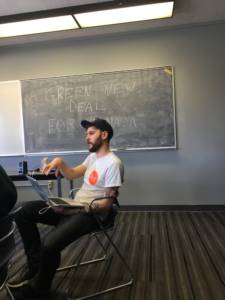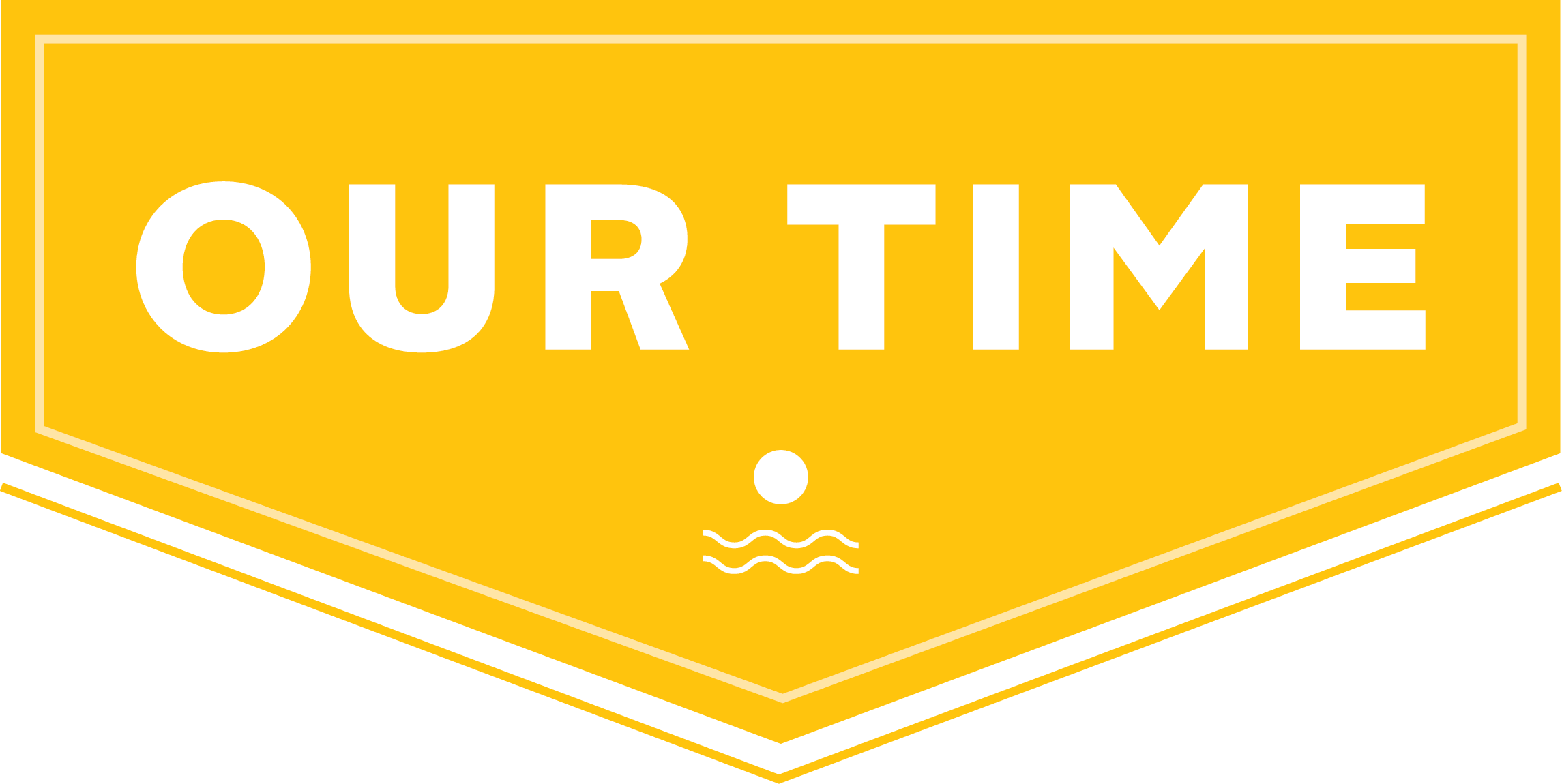A blog by Stephen Buhler a young worker and organizer with Our Time Edmonton
On March 19th, when Rachel Notley dropped the writ, my stomach was in knots. I read the polls saying a Jason Kenney majority government was on the horizon and dread overtook me. A few weeks later, a glimmer of hope as I remembered back to 2015, when the NDP defied the polling and ascended to a majority government.
Don’t get me wrong, this election was always a lesser of two evils scenario. Both parties want to build more pipelines and expand Alberta’s oil sands development. This will accelerate climate change and deepen our dependence on a high carbon economy.
Where the NDP and UCP differed was in their support for a carbon tax, and their racist, misogynistic, and homophobic rhetoric, beliefs and policy in both their party membership and their candidates.
As you might have guessed, I’m not a big fan of the UCP. But, what you might not know, is that I’m also a journeyman machinist. That means, in a province dominated by the oil industry, most of my work is tied to pipelines, mines, and fossil fuels.
So, you might be surprised to learn not just about my less than sunny feelings about the UCP, but that I’m also deeply committed to fighting climate change.
I often get questions about ”how do you square your work with your beliefs?”, and “but what about your job?”
Those questions are very real, and very serious. My options for work in Alberta are limited, and at the end of the day I still need to eat and keep a roof over my head. It is a conflicting place to stand. On one hand, no more oil production means that my current job no longer exists. However, I know that the longer this industry expands, the more likely we are headed towards a climate crisis. And I don’t take comfort knowing that my labour is sending us towards that bleak future. This daily compromise means I am expected, as a worker, to go to bat for the industry.
To understand this, you should really know a little more about me.
I grew up in a rural area outside of Stony Plain, Alberta, a bedroom community a 30-minute drive from West Edmonton Mall. My dad is a journeyman pipefitter and steamfitter. He’s worked on everything from power plants to breweries and growing up, his work took him away to Fort Mcmurray for weeks at a time. But, other times, we were lucky to have him working on a job closer to home. These were our favourite jobs because it meant the whole family could spend our weekday evenings together.
When the work was steady, times were good. Our family took incredible vacations to Whistler, Mexico, and Las Vegas. Christmases and birthdays meant we would get the best of what we asked for. And expensive school trips were now affordable. Growing up, I saw the trades as being a way to earn a good living.
In high school, I made the decision that I wanted to go into the trades myself. I did some research online and I felt that becoming a machinist would be a good fit for me. I enrolled in the Registered Apprenticeship Program and got a job as a part-time machinist during my spare classes. This became my full-time job after graduation.
But, my dad taught me more than just how to make a living. As a young teenager with a love for punk rock, my Dad introduced me to the Clash, often playing their albums in his car whenever he would drive me to a friends house or my job at the grocery store. He lent me his collection of Clash cd’s that I quickly downloaded onto my Mp3 player at the time. I found myself drawn to the snarling guitar-based anthems on their first self-titled album. In the mid 1970s and 80’s— during an era of deep cuts to public services, rising racism and inequality— they wrote some of the period’s anthems for standing up to authority and injustice. So many of their songs resonated with me, but one of my strongest memories was driving home one night after high school band practice when their song Clampdown came on. From Joe Strummer’s opening line, “what are we gonna do now?” I was drawn in. As we listened, my dad explained the lyrics to me. He talked about how, the line “you start wearing the blue and brown” was a reference to “brownshirts” a term with its roots in the rise of the Third Reich in Germany, where Nazis wore brown shirts. At the time of the song’s release, the term had become synonymous with the rise of nationalist groups that contributed to what the Clash called the “clampdown”, the way that elites used things like economic anxiety and nationalism to turn working people against each other, and keep their position above the rest of us . This“clampdown” was rooted in crushing economic oppression that forces young people to give up their youthful idealism.
“You grow up, and you calm down, and you’re working for the clampdown.”
Today, the “clampdown” is just as real. For years, working people have been told to ignore warnings of an oncoming climate crisis. We’ve been told that these claims are drummed up by people whose interests are against ours. We are told to oppose climate activists who have come to take away our jobs and to hate the people seeking refuge from the rising seas, extreme heat, dying crops and harder lives that our high carbon economy has brought to bear.
This isn’t true. The “clampdown” is not coming from the environmental movement, or from people seeking refuge from the effects of climate change. It’s coming from the top-down, where the wealthiest 1% control a rigged system that benefits them, and leaves the rest of us fighting over the scraps.
All across Alberta, especially in the oil and gas sector, our jobs are being automated out of existence. The gap between the rich and the rest of us is growing while regressive style governments – like the incoming UCP – are cutting public services, demolishing public ownership and giving handouts to wealthy corporations.
They want to divide us. Using race, gender, and religion to pit us against each other, when we all fundamentally share the same desires – a stable job, a safe community for our families, and the hope for a livable future.
And, some people are letting them divide us, in the most destructive ways imaginable. In Alberta, white nationalists have become an increasingly common sight , emboldened by the emergence of political leaders like Jason Kenney, Doug Ford and Donald Trump. Whether in Yellow Vests, on a cross-country convoy or on social media, they’ve come out from the fringes pushing far-right policies and views. Empowered to spread their beliefs of hate with other frustrated people, they thrive on the same division that allows a few wealthy elites to exploit people and our environment. Instead of banding together in common cause, those few at the top want to keep us divided, to make us feel big by brutalizing one another.

But, while Indigenous peoples and communities of colour are on the frontlines of climate change, all of us, outside of the privileged few with the money and power to insulate themselves from its effects will bear the brunt of it. Indigenous people are seeing their lands torn up to make way for pipelines. And if they dare to oppose it, they are met with militarized force from a colonial state protecting the interests of wealthy corporations. Working people are the ones who, every day, will be outside in the extreme heat, and extreme cold. We’re the ones who, when the automated trucks roll in, are given a firm handshake and thanked for our time. And, when disaster strikes, wildfires – whether they’re in Fort McMurray or BC – we’re expected to show support for increases to oil production. My generation is already seeing how we’ll be forced to live our lives on a planet plagued by droughts one season and flooding the next, by polar vortexes and deadly waves, by rising seas and burning forests. These impacts will affect us all, and that means working people need real solutions for the long term problems caused by our dependence on oil and gas.
The stakes are simply too high. We can’t allow ourselves to be divided by those whose interests lie in keeping us fighting amongst each other. We need to join together and build a movement that demands a just transition to a zero-carbon economy that works for all of us. A movement that cares about a renewed relationship with Indigenous people and envisions a future worth fighting for, instead of looking for someone to fight against.
I refuse to work for the clampdown. And like a lot of people, I’m angry. But, as Joe Strummer belts out in the Clampdown, “let fury have the hour, anger can be power,” but we have to know how to use it.
We need to use our anger, not against each other, but to fight the injustices of climate change and inequality that are inflicted on all of us. Gandhi once said that “as heat conserved is transmuted into energy… our anger controlled can be transmuted into a power which can move the world.” We can use that power to push for Canada’s Green New Deal, a transformative plan to tackle the greatest environmental and economic injustices we are facing.
I’m not going to lie. Watching Jason Kenney’s victory speech the other night was upsetting. The clock is running out when it comes to tackling climate change, and Kenney is sure to bring countless crises to vulnerable communities across Alberta in his attempt to put us all into the clampdown. But, we can choose a different path.
Joe Strummer used to be fond of saying that “the future is unwritten” and right now, this moment, is our time to write it.
